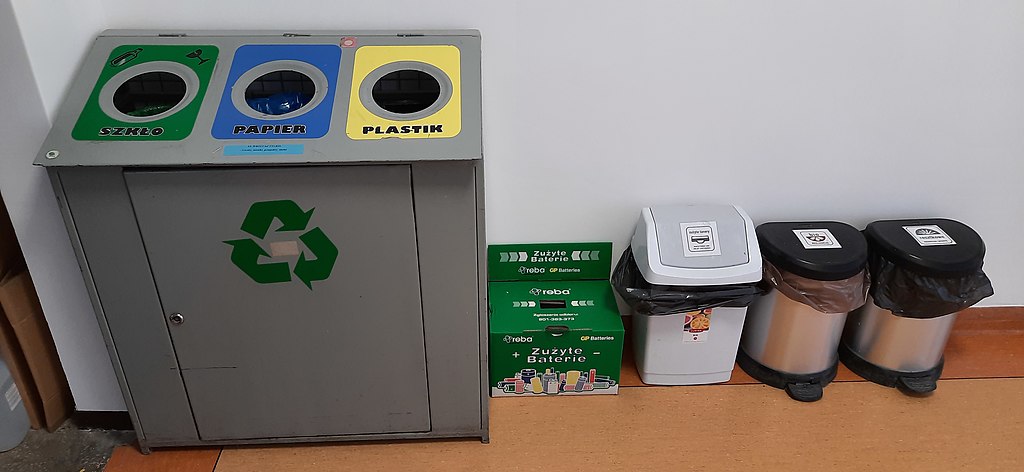Waste management businesses are realizing the potential of technology to increase their sustainability and help them become more efficient. In fact, many businesses are adopting new and innovative technologies to improve their processes and boost their businesses.
Why Technology is Essential for Waste Management Companies
There are several benefits that technology can bring to waste management companies. Some of them are:
Enhanced waste tracking: By deploying intelligent waste monitoring systems, companies can more accurately track their collection and disposal process to ensure that it is efficient and that no waste is left behind.
Better data analytics: Data analytics tools can provide insight into customer usage patterns and identify areas in need of improvement. It is especially important when it comes to recycling, as companies can use the data to find ways to increase their recycling rates.
Improved efficiency: With the help of technology, companies can optimize their waste collection and disposal process. It reduces costs while also reducing their environmental impact by reducing the amount of waste produced.
How Management Companies are Using Technology
1. Tracking and Monitoring Systems
Waste management businesses are using tracking systems to collect data on their operations, track materials, monitor emissions, and ensure compliance with regulations. That technology can help them identify inefficiencies and develop strategies for reducing waste. In addition, businesses can use the data from these tracking systems to identify ways to increase recycling rates.
2. Data Analytics
Data analytics can help waste management companies analyze their operations and develop strategies for improving them. It allows them to identify patterns in their data, such as trends in materials used, waste streams, and more. By understanding these patterns, they can make informed decisions on how best to reduce waste and become more sustainable.
3. Intelligent Waste Collection System
Intelligent waste collection systems can help waste management companies reduce their emissions by optimizing collections. It uses sensors to detect changes in the environment, such as wind direction or temperature, which can affect how materials are collected and transported.
4. Cloud Computing
Cloud computing can help waste management businesses manage their data more efficiently and securely while enabling collaboration with other organizations. It enables the efficient sharing of data between different companies and stakeholders, as well as real-time access to information from remote locations. As a result, businesses can make informed decisions quickly and reduce operational costs.
5. Automation
Automation is allowing waste management companies to become more efficient and reduce their operating costs. It can be used for tasks such as sorting materials, monitoring emissions, and managing inventory. With process automation, businesses can reduce their labor costs while improving accuracy and safety.
6. Waste Sorting
Waste sorting technology is helping waste management businesses separate and process materials more efficiently. It leverages sensors to identify different types of materials and then automatically sort them for further processing.
7. Automated Data Collection
Waste management companies are using sensors, IoT devices, and cloud technology to collect data on waste collection and processing, allowing them to make informed decisions and improve operational efficiency.
8. Predictive Maintenance
By using machine learning algorithms and IoT sensors, waste management companies can predict when equipment is likely to fail, reducing downtime and maximizing equipment longevity. It reduces waste and improve sustainability.
These are just a few of the ways that waste management companies are using technology to become more sustainable. By using these technologies, businesses can reduce their environmental impact and save resources while improving efficiency and compliance. With the help of technology, these businesses can make progress toward becoming more sustainable and efficient in their operations.

